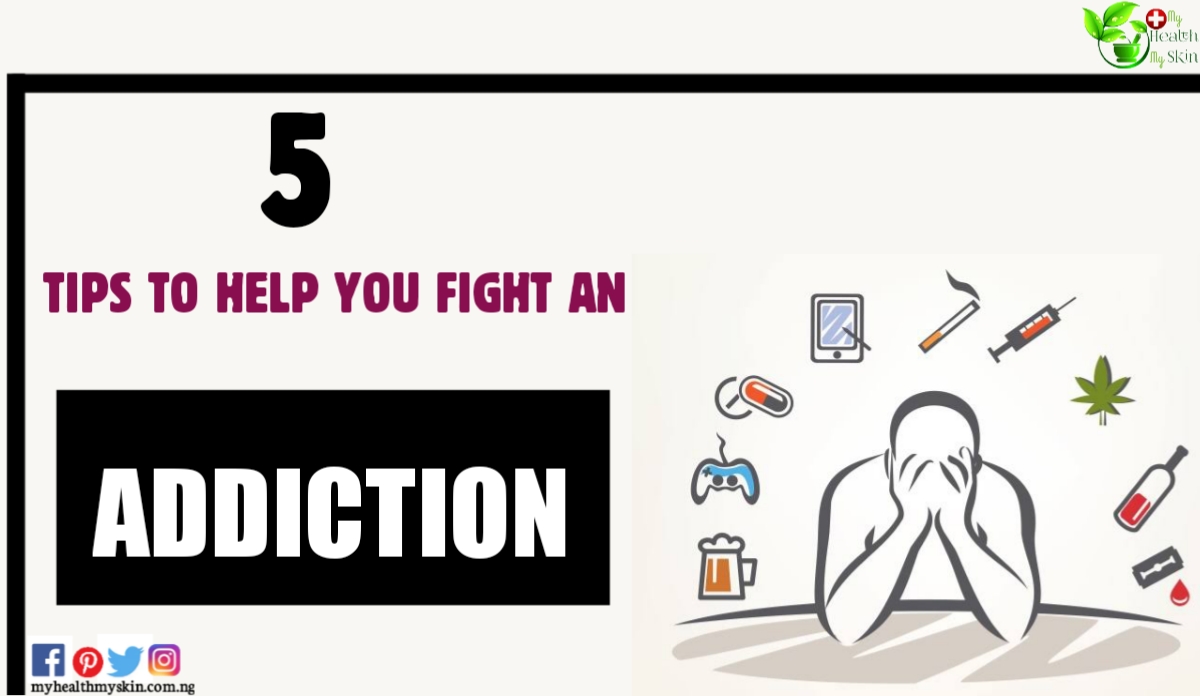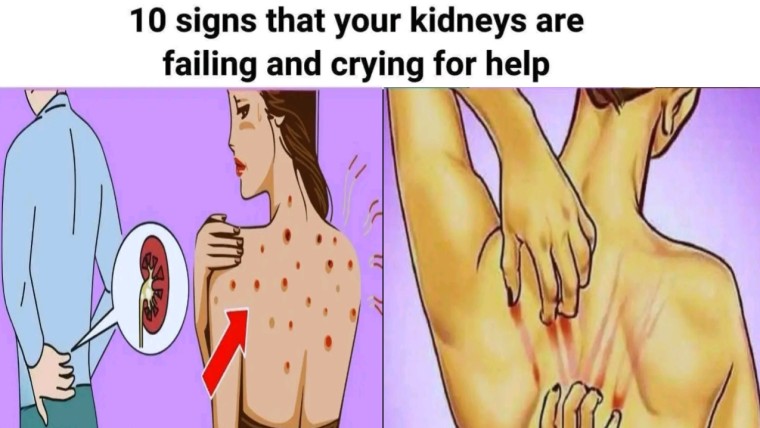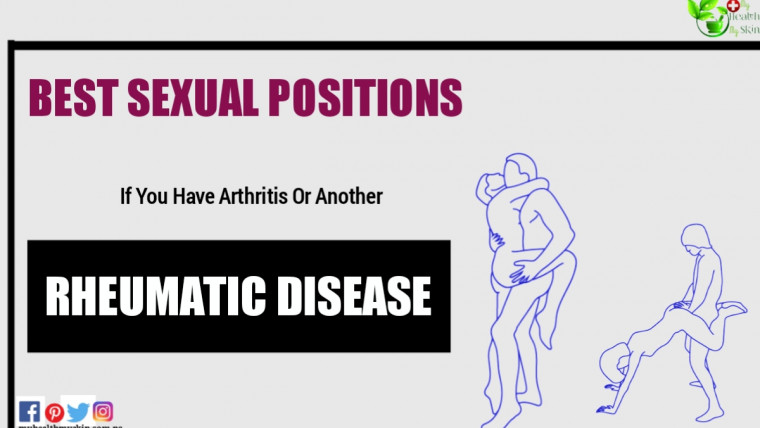While some addictions are more serious, involve illegal substances, and require thorough professional treatment, others seem milder.
But, even so, they are harmful to health. For example, addiction to sweets can cause weight gain and health problems.
At the same time, gambling addiction can put a person into debt, and an addiction to work, social media or gaming can prevent someone from having time to spend with their family. In other words, no addiction is good.
Therefore, today we are going to present five tips that, according to Harvard Health Publishing ( Harvard Health Publication, free translation), have been identified in research as capable of helping the process of quitting an addiction.
[lwptoc]
1. Set A Date To Stop

Choosing an important date such as your birthday, your wedding day, the day your child was born, or another special event such as the date you will stop the addiction can serve as motivation.
But when choosing the day, assess whether it is too close or too far away and select a realistic date, a deadline that you can meet. If it’s too close, you may not be able to, but if it’s too far away, there’s a risk of settling down.
2. Get rid of what addiction reminds you of
The idea is to take away anything that reminds you of the addiction in question. In other words, it’s keeping you away from everything that makes you think of addiction.
For example, is your problem with alcoholic beverages? So, remove any type of alcohol, bottle openers, glasses and corkscrews from the environments in which you stay.
If the problem is gambling, the tip is to hide card games, lottery tickets or poker chips. If the addiction is to sweets, leave the treats in the back of the cupboard, so that you don’t come across them when looking for something to eat.
Also, ask people around you not to bring, show, or say anything that might remind you of the addiction. Another attitude that can help is to stop following profiles on social networks that might make you think about him or want the addiction in question.
3. Find Healthy Distractions

In order not to give in to the desire to fall back on the addiction, try to have healthy distractions that help you to keep busy until the craving wears off.
For example, taking a walk, riding a bicycle, talking or calling a family member or friend, preparing a dish in the kitchen, writing or dancing. The ideal activity will depend on your personal tastes and even your addiction, since you can’t choose something that reminds you of it.
4. Review Your Past Attempts
Reflect on the other times you’ve tried to kick the habit and think about what worked and what didn’t. Take into account in this analysis what caused you to relapse and make the necessary changes so as not to repeat the same mistakes.
5. Build A Support Network
Tell your friends and family that you are trying to kick the habit and ask them to support and encourage you.
Ask them not to use or do anything that might remind you of your addiction while they are around you.
Another very important point within a support network is to have professional monitoring, even if it is not an illicit addiction or one that represents more serious dangers to your life and health.
It is well worth it to seek the help of a psychologist or psychiatrist to find an especially effective method against your addiction.
The professional or doctor will know how to evaluate your case and indicate what can and cannot work for you in particular.
Individualized professional service is important because what worked for someone you know may not always work for you.
In addition, in some cases it may be necessary to use medication to ease the process or increase the chances of success that only a professional can prescribe and indicate how to use it. To see more post on physical & mental health click here.

Do you have an addiction that needs to be overcome? What did you think of the tips? So, comment below!






